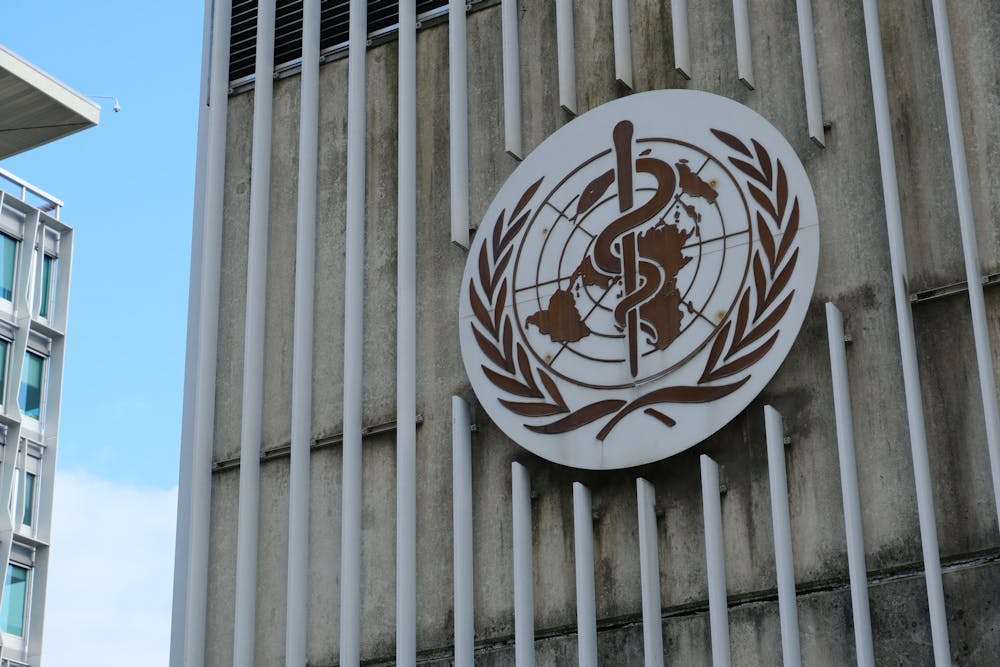Aliyah Siddiqui
Staff Writers
On Oct. 13, the World Health Organization (WHO) honored Henrietta Lacks, an African American woman whose cells were unknowingly stolen from her for research purposes. Lacks’s cells were used without consent extensively in the research and treatment of numerous illnesses including HPV, polio, Parkinson’s, HIV/AIDS, numerous types of cancer and even COVID-19, making her incredibly important to medical advancements.
During the ceremony, Dr. Tedros Adhanom Ghebreyesus, the Director General of the WHO, stated: “In honouring Henrietta Lacks, WHO acknowledges the importance of reckoning with past scientific injustices, and advancing racial equity in health and science. It’s also an opportunity to recognize women — particularly women of color — who have made incredible but often unseen contributions to medical science.”
According to the Washington Post, in 1951 Lacks went to Johns Hopkins Hospital, one of the few hospitals that treated Black patients at the time, due to vaginal bleeding. Doctors diagnosed her with cancer, and during her treatment, a sample of her cells went to Dr. George Gey, a cancer researcher, without her consent or knowledge. Dr. Gey soon found that Lacks’ cells were "immortal," surviving despite being outside the human body. As a result, researchers used and sold Lacks’ cells, called HeLa cells, around the globe for research and medical purposes, profiting off the cells without Lacks’ or her family’s knowledge or consent. According to the WHO, over 50 million tons of HeLa cells were distributed globally for over seventy-five thousand studies, demonstrating the impact of Henrietta Lacks to both science and the world.
Aside from the honoring ceremony, the Lacks family is also partnering with the WHO in its efforts to eliminate cervical cancer, which disproportionately affects women of color, and in its fight for equity in the distribution of the HPV vaccine. According to the WHO, 85% of high-income countries have access to the vaccine as compared to less than 25% for low-income countries.
Dr. Princess Nothemba Simelela, the Assistant Director General for Strategic Priorities and Special Advisor to the Director General of the WHO, stated: “It is unacceptable that access to the lifesaving HPV vaccine can be shaped by your race, ethnicity or where you happen to be born. The HPV vaccine was developed using Henrietta Lacks’ cells. Although the cells were taken without her consent and without her knowledge, she has left behind a legacy that could potentially save millions of lives. We owe it to her and her family to achieve equitable access to this groundbreaking vaccine.”
The WHO’s honoring comes as the Lacks family sues Thermo Fisher Scientific Inc., a biotechnology company that continued to profit off of Lacks’ cells without consent. According to AP News, the lawsuit asks that Thermo Fisher Scientific "disgorge the full amount of its net profits obtained by commercializing the HeLa cell line to the Estate of Henrietta Lacks" and agree to not use HeLa cells without the family’s permission.
The lawsuit also explains how Lacks’ exploitation without knowledge or consent follows a history of African Americans being abused for medical experimentation and research by white doctors and researchers. While the company has not responded to the lawsuit, Christopher Seeger, one attorney representing the Lacks family alongside Benjamin Crump, stated that Thermo Fisher Scientific “shouldn’t feel too alone because they’re going to have a lot of company soon.”
Lacks’ legacy remains eminent to both the world and her family. Lawrence Lacks Sr, Henrietta Lacks’ eldest son who accepted the award, said during the ceremony, “we are moved to receive this historic recognition of my mother, Henrietta Lacks — honouring who she was as a remarkable woman and the lasting impact of her HeLa cells. My mother’s contributions, once hidden, are now being rightfully honored for their global impact. My mother was a pioneer in life, giving back to her community, helping others live a better life and caring for others. In death she continues to help the world. Her legacy lives on in us and we thank you for saying her name: Henrietta Lacks.”







